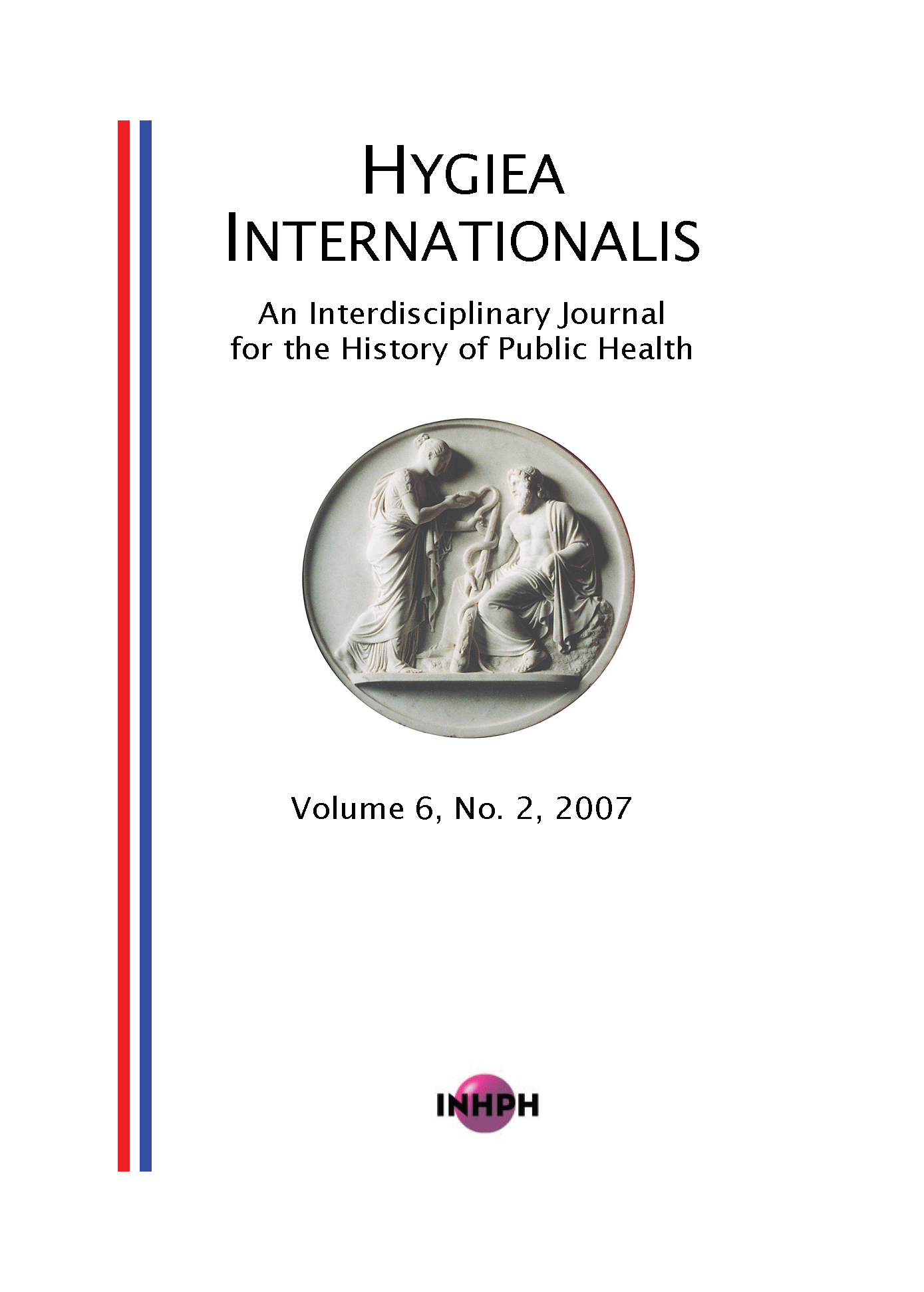Outdated Fraudulent Healing? Homeopathy on Trial
The Homeopathic "Pill Scandal" in the 1950s and Modernisation of Health Care in Sweden
DOI:
https://doi.org/10.3384/hygiea.1403-8668.0771151Keywords:
Free Churches, fraud, homeopathy, manufacturing, modern health care, sectarianism, Sweden, 1950sAbstract
During the first half of the 20th century, homeopathy became the most widespread alternative to conventional medicine in Sweden, although it was practised almost exclusively by laymen. In July 1951, news spread that certain manufacturers of homeopathic remedies had skipped part of the potentization process and had sold pure sugar pills under the false claim that they were homeopathic remedies. Directors and other company employees were sentenced for fraud and tax evasion. According to Swedish medical authorities, homeopathy had finally been revealed as the quackery they had always declared it to be. Homeopathy’s social and cultural associations at this time – belief and religious faith as well as criminal activities – facilitated the pronouncement of the end of this kind of healing. Homeopathy vanished from both Swedish pharmaceutical legislation and the discursive level in society. The homeopathic “pill scandal” can be seen as an important symbolic turning point in the process of modernisation of health care in Sweden.Downloads
Published
2007-12-27
How to Cite
Eklöf, M. (2007). Outdated Fraudulent Healing? Homeopathy on Trial: The Homeopathic "Pill Scandal" in the 1950s and Modernisation of Health Care in Sweden. Hygiea Internationalis: An Interdisciplinary Journal for the History of Public Health, 6(2), 151–176. https://doi.org/10.3384/hygiea.1403-8668.0771151
Issue
Section
Articles
License
Copyright (c) 2007 the Author(s)

This work is licensed under a Creative Commons Attribution-NonCommercial 4.0 International License.






